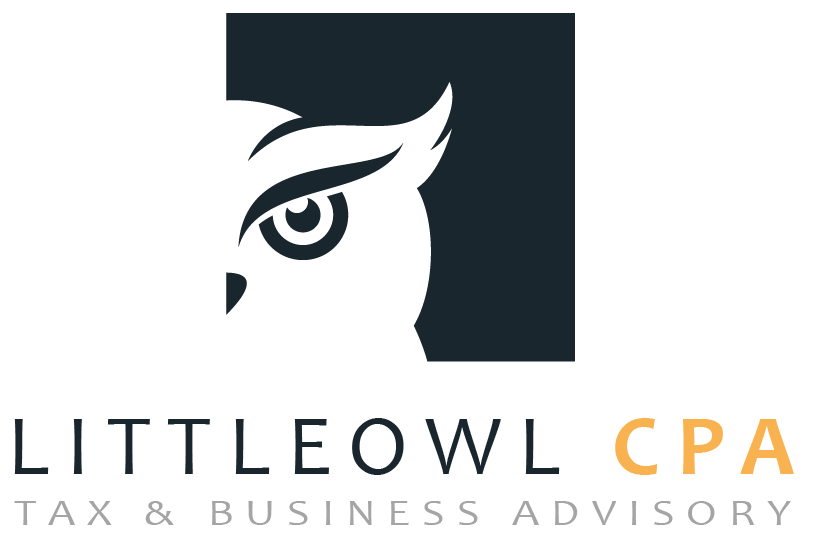As a small business owner running an S-Corporation, you may be familiar with the unique tax advantages this entity structure offers. S-Corporations provide pass-through taxation, allowing profits and losses to be passed directly to shareholders, avoiding double taxation. However, when it comes to payroll for officers of S-Corporations, it is important to consider S-Corporation officer’s salary requirements.
Understanding Reasonable Compensation
Reasonable compensation refers to the fair and appropriate salary that officers, who are also shareholders, should receive for the services they render to the S-Corporation. Since S-Corporation profits flow through to shareholders, the IRS is concerned that some business owners might try to minimize their salaries and instead take larger distributions to reduce payroll taxes. This practice is known as “income shifting,” and it is closely scrutinized by the IRS to ensure that business owners are not avoiding payroll taxes unlawfully.
The IRS defines “reasonable compensation” as the amount that a third-party would be willing to pay for the same services in a similar position, considering factors like job responsibilities, industry standards, qualifications, and experience. The goal is to prevent business owners from artificially deflating their salaries and, in turn, reducing their employment tax liabilities.
Importance of Reasonable Compensation
Ensuring officers receive “reasonable compensation” is vital for several reasons:
- Compliance with IRS Regulations: By providing reasonable compensation, S-Corporation owners can avoid potential IRS audits and penalties related to underpayment of employment taxes.
- Avoiding Tax Issues: The IRS is vigilant in identifying businesses that engage in income shifting. If found guilty, owners may face significant tax liabilities, penalties, and interest.
- Maintaining Shareholder Relations: Establishing reasonable compensation helps maintain transparency and fairness among shareholders, preventing potential disputes.
- Tax Planning Flexibility: Paying a reasonable salary provides a solid foundation for tax planning and enables the business owner to explore other tax-saving strategies effectively.
Determining Reasonable Compensation
When establishing “reasonable compensation” for officers, there is no one-size-fits-all approach. Instead, several factors should be taken into account to arrive at a fair salary:
- Job Responsibilities: Consider the roles and responsibilities of the officer within the company. The more complex and significant the role, the higher the compensation should be.
- Industry Standards: Research industry salary data for similar positions to gauge a competitive compensation level.
- Company Size and Financial Health: The financial condition of the S-Corporation and its profitability should be considered when determining compensation.
- Officer’s Qualifications and Experience: Take into account the officer’s qualifications, experience, and expertise relevant to the role.
Best Practices Defined by the IRS
The IRS has outlined some best practices to help business owners adhere to reasonable compensation guidelines:
- Document the Process: Maintain proper documentation that demonstrates how you arrived at the reasonable compensation amount. Keep records of industry salary surveys, job descriptions, and other relevant data.
- Consult Professional Advice: Engage the services of a qualified tax advisor or accountant who can assist in determining a fair and defensible compensation amount.
- Review Regularly: Reevaluate the compensation annually or when significant changes occur in the officer’s roles or the company’s financial situation.
As an S-Corporation owner, understanding the importance of reasonable compensation for officers is crucial for compliance with IRS regulations, maintaining fair shareholder relations, and avoiding tax-related issues. By following the IRS-defined best practices, you can establish a defensible compensation amount that aligns with industry standards and the services rendered by officers within your S-Corporation.
If you have questions about how this topic will impact you, Team LittleOwl CPA is here to help. Schedule a discovery call today!

About Tabitha Regan
Tabitha Regan is the Founder and CEO of LittleOwl CPA. She is a Certified Public Accountant, Certified Financial Planner™ and Personal Financial Specialist. In her 16+ year career span, she has developed an expertise in the specific needs of small businesses and busy professionals with accounting, tax and advisory services.


